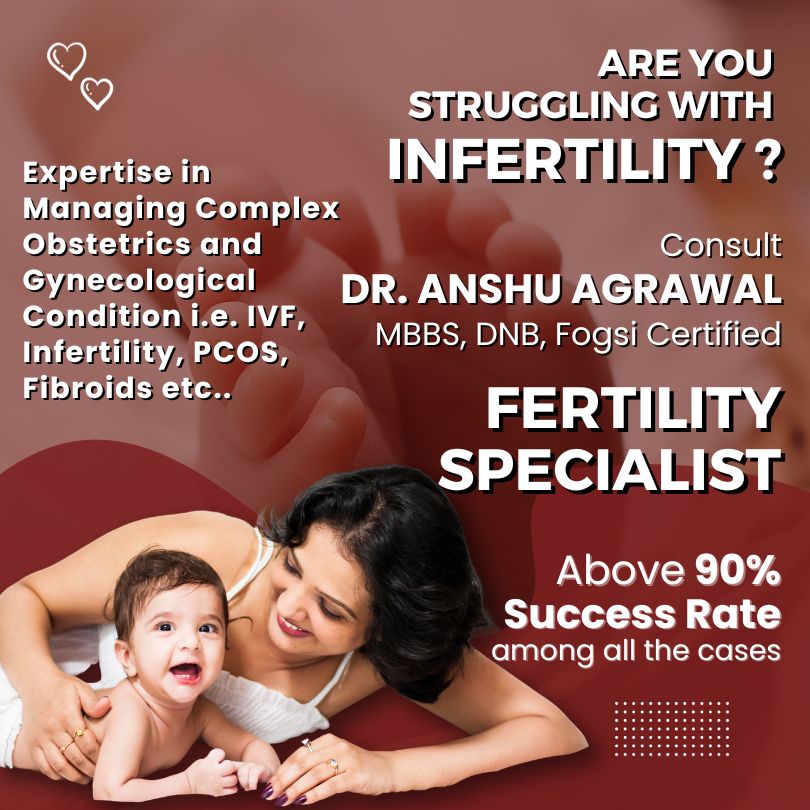A high-risk pregnancy refers to a pregnancy in which the mother or the baby is at an increased risk of experiencing complications or adverse outcomes compared to a typical pregnancy. Several factors can contribute to a pregnancy being considered high-risk. These factors may include:
- Maternal Age: Women who are under 18 years old or over 35 years old have a higher risk of certain complications.
- Pre-existing Health Conditions: Women with pre-existing medical conditions such as diabetes, hypertension (high blood pressure), heart disease, kidney disease, autoimmune disorders, or certain genetic conditions may have a higher risk of complications.
- Multiple Pregnancy: Carrying twins, triplets, or more increases the risk of complications, such as premature birth, preeclampsia, and gestational diabetes.
- Previous Pregnancy Complications: A history of previous preterm birth, miscarriages, stillbirths, or cesarean deliveries may increase the risk of complications in subsequent pregnancies.
- Gestational Conditions: Certain conditions that can develop during pregnancy, such as gestational diabetes, preeclampsia, or placenta previa, can increase the risk for both the mother and the baby.
- Infections: Infections during pregnancy, such as urinary tract infections, sexually transmitted infections, or certain viral infections (e.g., Zika virus), can pose risks to the developing fetus.
- Fetal Factors: Certain fetal conditions or abnormalities detected during prenatal screening or ultrasound examinations may require specialized care or interventions.
It’s important to note that being classified as high-risk does not necessarily mean that complications will occur. The label is used to ensure closer monitoring and appropriate management to minimize potential risks.
Managing a high-risk pregnancy typically involves:
- Prenatal Care: Regular prenatal visits are crucial for monitoring the health of both the mother and the baby, identifying any potential issues early, and implementing appropriate interventions or treatments.
- Specialist Consultations: Women with high-risk pregnancies may be referred to specialists such as maternal-fetal medicine specialists (perinatologists), obstetricians with expertise in high-risk pregnancies, or other relevant healthcare providers.
- Additional Testing: High-risk pregnancies may require more frequent ultrasounds, blood tests, or other diagnostic procedures to assess the well-being of the fetus and monitor maternal health.
- Medications and Treatments: Certain medications or interventions may be recommended to manage specific conditions or minimize risks.
- Lifestyle Modifications: Women with high-risk pregnancies are often advised to follow healthy lifestyle practices, such as maintaining a balanced diet, regular exercise, managing stress, avoiding harmful substances (e.g., smoking, alcohol, illicit drugs), and adhering to recommended prenatal vitamins and supplements.
The goal of managing a high-risk pregnancy is to optimize the health and well-being of both the mother and the baby, and to ensure the best possible outcome. Close collaboration between the healthcare provider and the pregnant individual is essential to address any concerns, provide appropriate care, and make informed decisions throughout the pregnancy journey.


